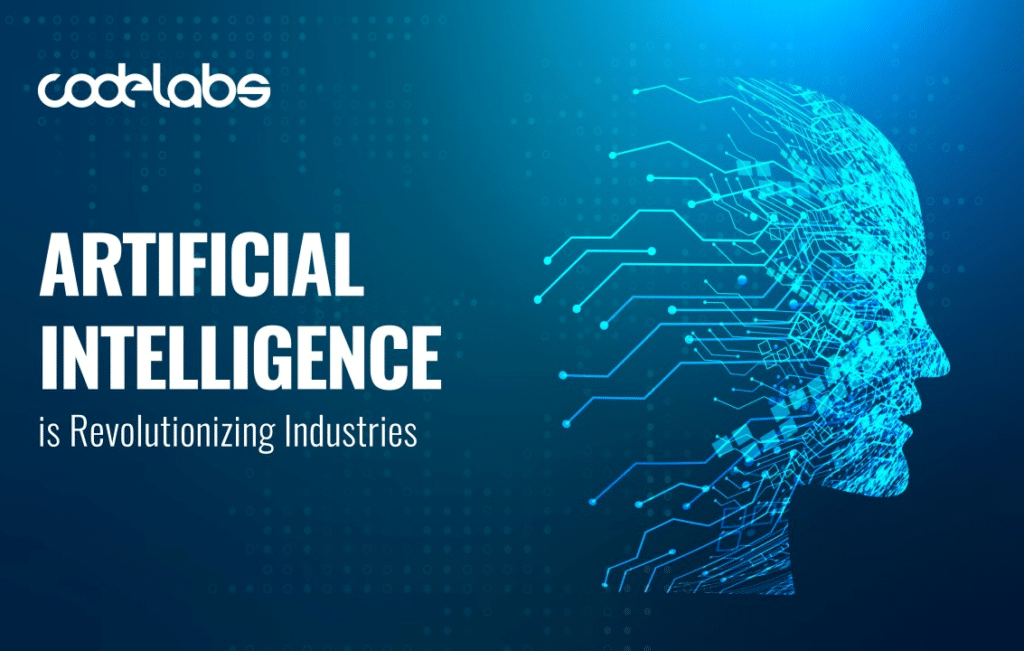How Artificial Intelligence is Transforming the World
Artificial Intelligence (AI) is revolutionizing various sectors, driving unprecedented advancements in technology and impacting everyday life. From healthcare and finance to transportation and entertainment, AI’s capabilities in data processing, pattern recognition, and decision-making are reshaping industries. Its integration into these fields not only enhances efficiency but also opens new avenues for innovation and problem-solving.

In healthcare, AI is making significant strides in diagnostics, treatment plans, and patient care. Machine learning algorithms analyze vast amounts of medical data to identify patterns and predict disease outbreaks, enabling early intervention. AI-powered tools assist doctors in diagnosing conditions with high accuracy, sometimes even surpassing human performance. For instance, AI systems can analyze medical imaging to detect anomalies such as tumors at an early stage, potentially saving lives.
The financial sector is also experiencing a transformation due to AI. Automated trading systems use AI to analyse market trends and execute trades at lightning speed, optimizing investment strategies. AI-driven risk management tools assess and predict financial risks, helping institutions make informed decisions. Additionally, AI enhances customer experience through personalized banking services and fraud detection systems that protect against cyber threats.
Transportation is another field where AI is leaving a significant mark. Self-driving cars, developed by companies like Tesla and Waymo, leverage AI to navigate roads, recognize traffic signals, and avoid obstacles, promising to reduce accidents and improve traffic flow. AI-powered logistics systems optimize delivery routes and manage supply chains efficiently, ensuring timely deliveries and reducing operational costs. Public transportation systems are also benefiting from AI through predictive maintenance and enhanced scheduling.
In the realm of entertainment, AI is transforming content creation and consumption. Streaming services like Netflix and Spotify use AI algorithms to recommend content based on user preferences, enhancing viewer and listener experiences. AI-generated art, music, and literature are pushing the boundaries of creativity, challenging traditional notions of artistry. Moreover, virtual reality (VR) and augmented reality (AR) experiences are being enriched with AI, creating immersive environments for gaming, education, and training.

As AI continues to evolve, its ethical implications and societal impact are becoming more pronounced. Issues such as job displacement, data privacy, and algorithmic bias require careful consideration and regulation. Nonetheless, the potential benefits of AI are immense, promising to drive economic growth, improve quality of life, and solve complex global challenges. By fostering a collaborative approach between technologists, policymakers, and society at large, the transformative power of AI can be harnessed responsibly for the greater good.




